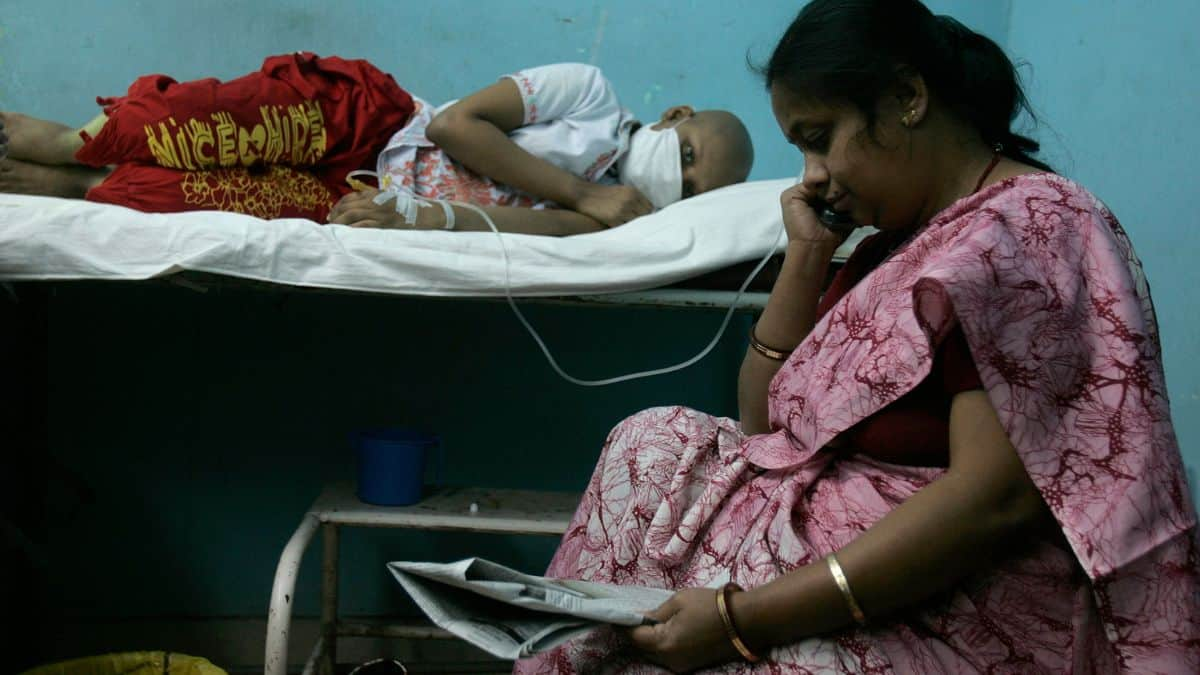In today’s digital age, we are constantly exposed to screens, whether on smartphones, laptops, televisions or tablets. Although technology keeps us connected and up to date, excessive screen time might have a negative impact on our physical and mental health, relationships and overall well-being.
A 2024 review published in the medical journal Cureus by a team of Indian researchers said that constant use of digital screens stresses the brain and may disrupt natural rest cycles. It also said that this can lead to fatigue, anxiety and poor sleep patterns. However, the review concluded that taking regular breaks from digital devices or screens, generally called a “digital detox” can improve mental well-being.
The growing dependence on screens
According to research, over 61% of adults admit to being addicted to the internet and their digital screens, says Dr Minakshi Manchanda, Associate Director - Psychiatry, Asian Hospital, Faridabad. “That constant connection can degrade your quality of life by overloading your senses. An increasing body of evidence demonstrates the link between screen use and mental health. That is why taking a break from your various social media apps and spending time away from screens may benefit your mental and physical health.”
Additionally, excessive screen use, particularly endless scrolling on social media — has been shown to cause worry, poor sleep, and increased mental tiredness.
Digital detox: a mindful reset
Sharing the benefits of a digital detox, Dr Pavitra Shankar, Associate Consultant - Psychiatry, Aakash Healthcare Super Speciality Hospital, said, “A digital detox breaks this cycle by allowing the mind to unwind and retain emotional stability during treatment. This is a period of time when you deliberately limit the amount of time you spend online on your gadgets. This is not a passive approach, but an active one that needs discipline and dedication. This has numerous benefits from sleep to enhanced mental and physical health.”
Digital detoxification may improve focus, boost creativity and productivity while lowering anxiety and stress. Additionally, limiting blue-light exposure before bedtime helps promote healthy sleep patterns.
Reconnecting with people, not pixels
Further highlighting the positive impact of digital detox, Dr Pavitra said, “Spending less time scrolling the phone brings the advantage of having meaningful time with loved ones, which helps improve the quality of relationships and ultimately your overall health. An effective digital detox does not mean you need to completely turn off all technology for good. Rather, it is about developing better habits, such as turning off non-urgent notifications, setting apart screen time during the day, and prioritising face-to-face conversations over texts wherever possible.”
Impact Shorts
More ShortsOvercoming the challenges of unplugging
However, it may be easier said than done, says Dr Santosh Chavan, Consultant - Mental Health, Jupiter Hospital, Pune. “One of the most difficult aspects of a digital detox is resisting the urge to reach out for your devices either out of habit or for fear of missing out. Many people experience restlessness or boredom at first, which may lead them to abandon the detox. Overcoming these challenges requires a shift in mindset and forming new routines.
Replacing the time spent on screens with engaging offline activities can help relieve withdrawal symptoms. Additionally, setting reasonable goals and gradually decreasing screen usage might help make the process more manageable. Peer or family support can also help with accountability and motivation.”
Dealing with withdrawal and building balance
Withdrawal symptoms from a digital detox are real and can include irritability, anxiety, restlessness, and a sense of loss. While these symptoms are not permanent, they can be difficult for those relying heavily on screens. Individuals who understand that these symptoms are temporary tend to stay more committed.
Keeping yourself engaged with activities such as reading, exercising, or spending time offline can make the transition easier. Practising mindfulness and deep breathing exercises may also help with emotional distress during the detox period.
Disconnect to reconnect
People may benefit from technology while prioritising their mental health by setting appropriate boundaries and being conscious of their screen use. Even minor modifications, such as limiting screen time before bedtime or scheduling screen-free hours, can result in considerable gains in stress levels, sleep quality and overall happiness.
In a world dominated by screens, taking a step back can be one of the most effective ways to progress. So, are you ready to disconnect and reconnect with yourself? As you begin your digital detox journey, remember, it’s not about rejecting technology, but about finding balance that fosters better health and more meaningful human connections.


)

)
)
)
)
)
)
)
)



